Free Research Toolkit: A Roundup of the Best AI Tools for Academic Research in 2024

Let's be real - research can be a total slog sometimes. It’s is challenging and time-consuming. You spend hours falling down rabbit holes, sifting through dense academic papers, and trying to make sense of conflicting info - enough to make your head spin! 😵💫
Thankfully, there are some awesome AI tools out there that can make your whole research process waaay easier and more efficient! From super-smart search engines that can find the needle in the haystack of academic lit, to writing platforms that can help you craft the perfect research paper, I've got you covered. So, if you're ready to up your research game and leave those late-night thesis-writing meltdowns in the dust, keep reading!
ChatGPT: Brainstorming and Idea Generation
First, let's talk about ChatGPT. This AI language model has taken the world by storm, and for good reason - it's incredibly versatile and can generate human-like text on just about any topic.
Now, I know what you might be thinking... "Can't I just have ChatGPT write my whole essay for me?" Well - not so fast, mate. While it's tempting to just copy-paste ChatGPT's output and call it a day, that would still be considered plagiarism. In fact, the point of research isn't just to regurgitate information, but to engage with it critically and come up with your own original ideas. If you want to learn more about how to use ChatGPT in your paper without plagiarizing, check out the in-depth guide here.
That said, ChatGPT is an amazing tool for brainstorming and generating ideas. Stuck on how to structure your research paper? Ask ChatGPT for an outline suggestion. Need some fresh angles to explore your topic? ChatGPT can rattle off a bunch of interesting prompts to get your gears turning.
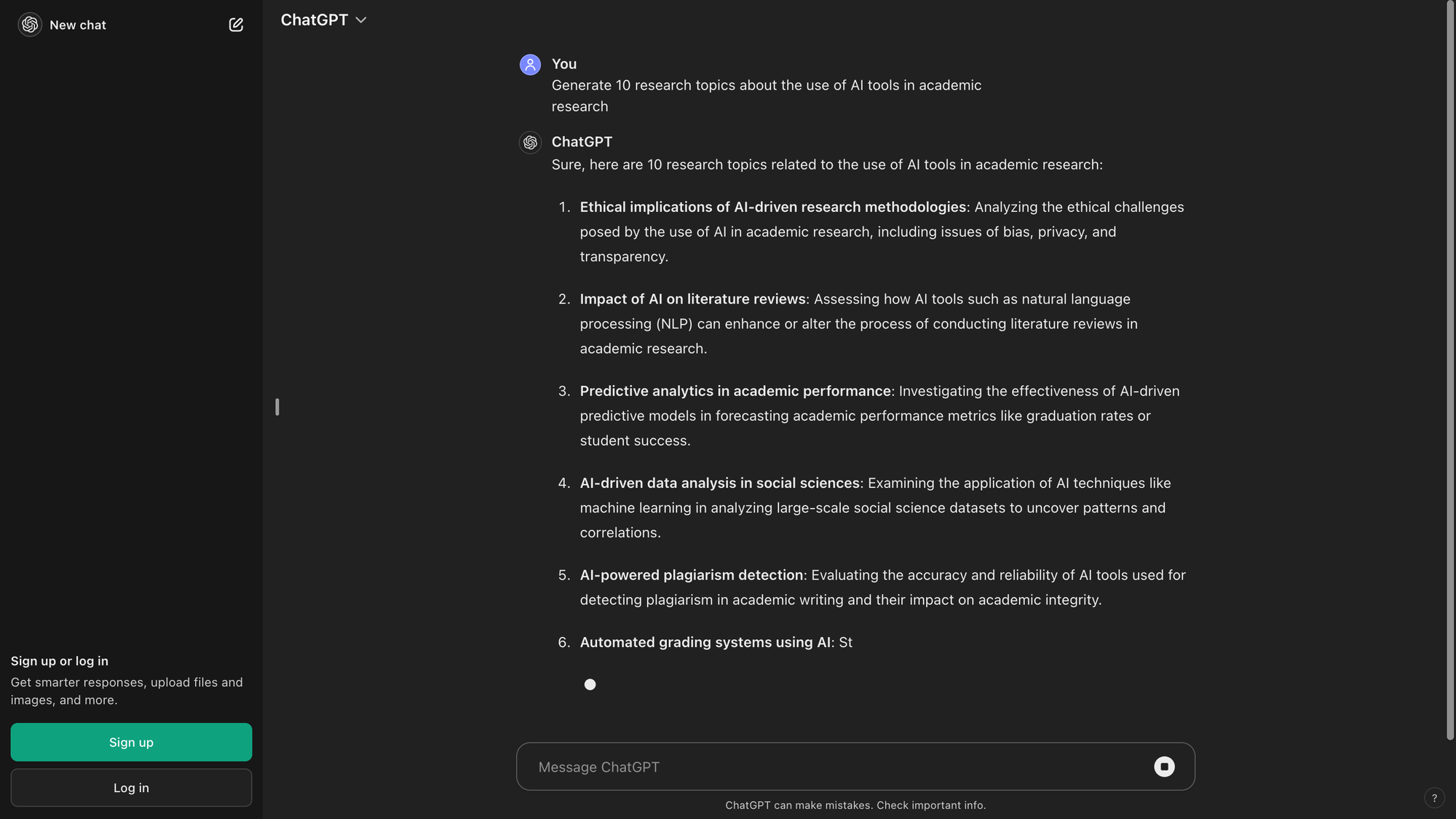
Semantic Scholar: Academic-Focused Search Engine
If you're looking for an academic-focused search engine, then Semantic Scholar is for you. This platform is specifically designed to help researchers like you find and analyze scholarly literature more efficiently.
It uses AI to identify key concepts, methods, and findings in each paper, even if they don't contain the exact keywords you searched for. Semantic Scholar also extracts important details from papers like authors, references, and figures, and puts them right at your fingertips. So instead of skimming through entire papers to figure out if they're relevant, you can get the gist in just a few seconds.
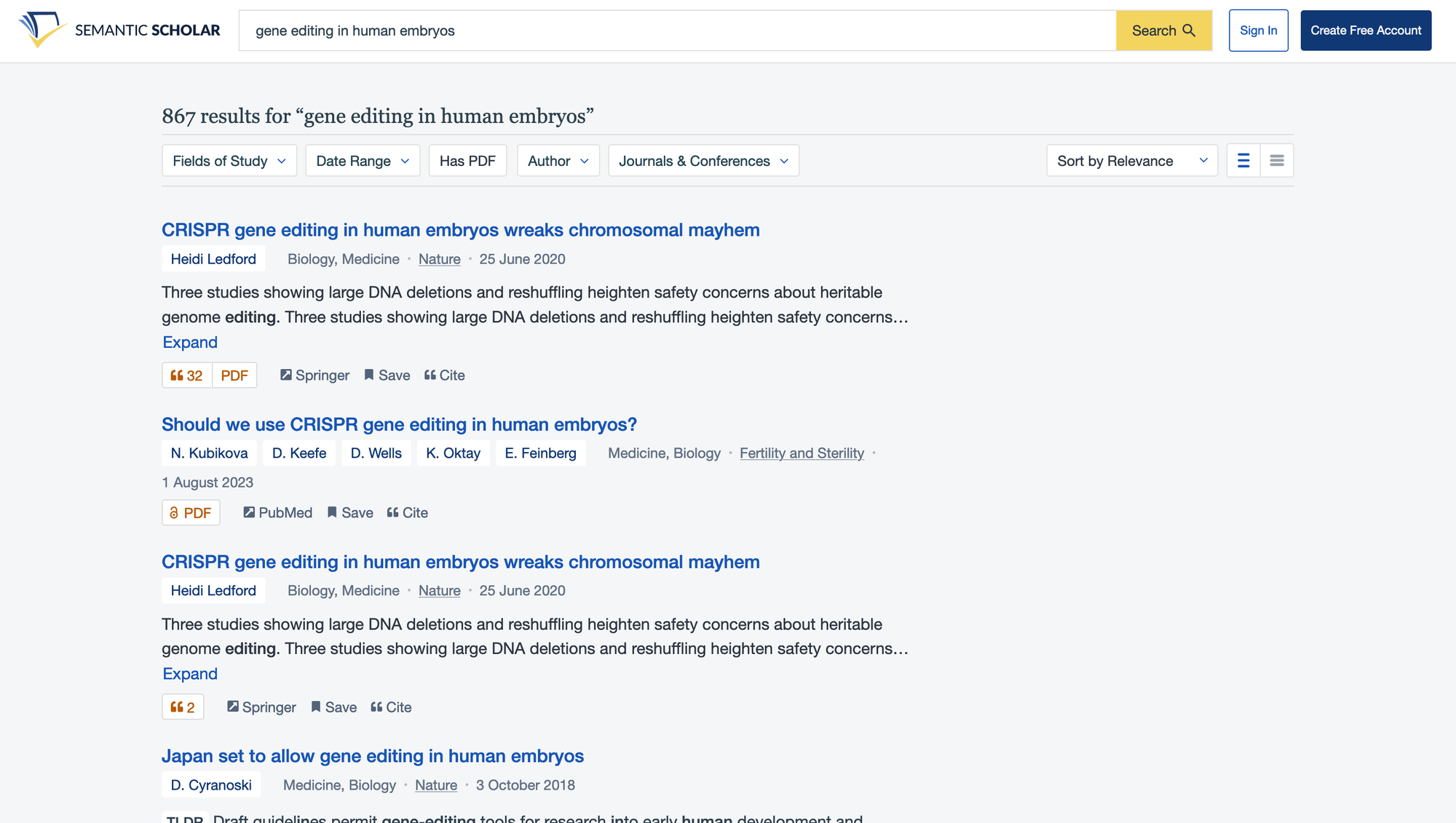
Perplexity AI: Conversational Search Engine
Next up is Perplexity AI. This nifty conversational search engine uses natural language processing to understand and respond to your questions in a conversational way. Instead of just throwing a bunch of links at you, Perplexity AI actually tries to give you a direct answer to your question with relevant excerpts from web pages and research papers.
Perplexity is great for when you need a fast fact-check or overview of a topic. It can help point you in the right direction for deeper research. Plus, the conversational search style feels way more natural than trying to guess the right keywords for a traditional search engine.
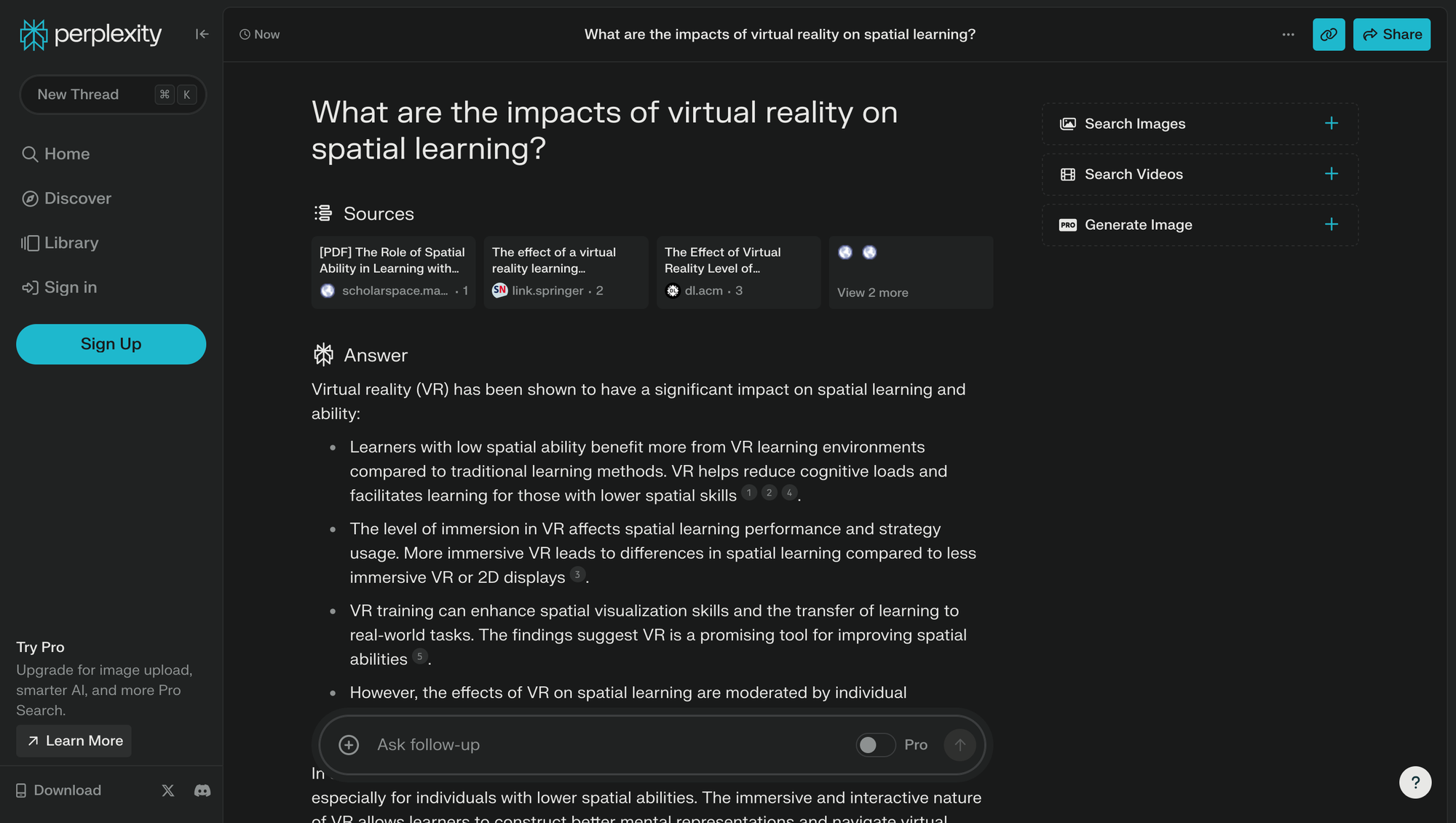
Consensus: Evidence-Based Medical Search
Consensus is another AI-powered search engine is specifically designed for finding reliable, evidence-based answers to clinical questions.
Consensus searches PubMed and other trusted medical databases to find the most relevant and up-to-date research on any given topic. It pulls out key details from studies like sample sizes, patient populations, and outcome measures, so you can quickly assess the strength and applicability of the evidence. It even generates a "consensus meter" to indicate how much agreement there is in the literature.
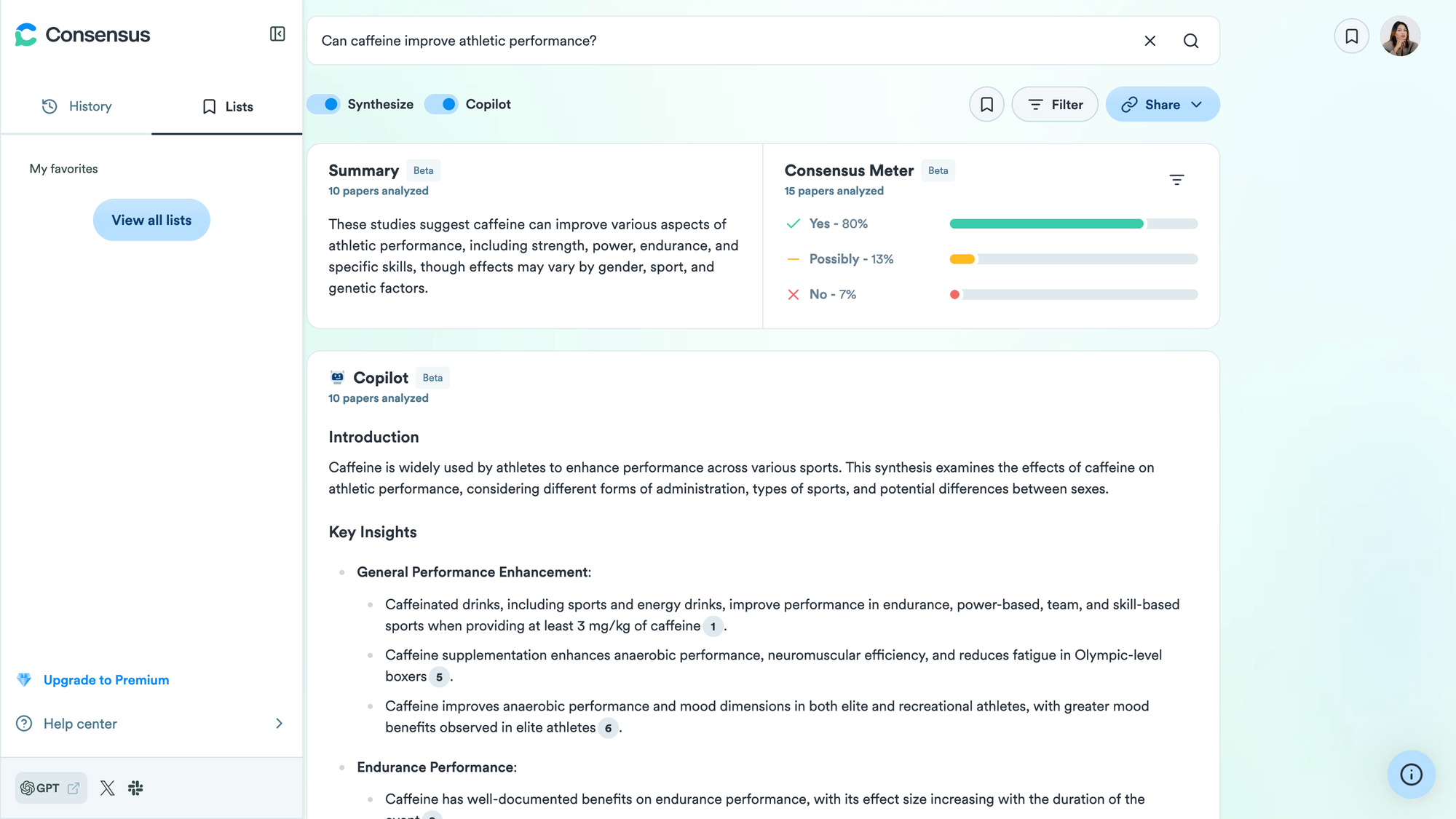
Intellecs.ai
Now, let's talk about Intellecs.ai. This powerful platform is designed specifically for students and researchers who want to streamline their research paper writing process from initial research to final draft.
One of the coolest features is how easy it is to import your own research sources. You can just upload PDFs, web articles, and even YouTube videos right into the app. And get this - you can actually ask the AI questions about your sources! No more Ctrl+F-ing your way through a 50-page paper trying to find that one key fact.. Just ask Intellecs.ai and it'll find the relevant info for you. How awesome is that?
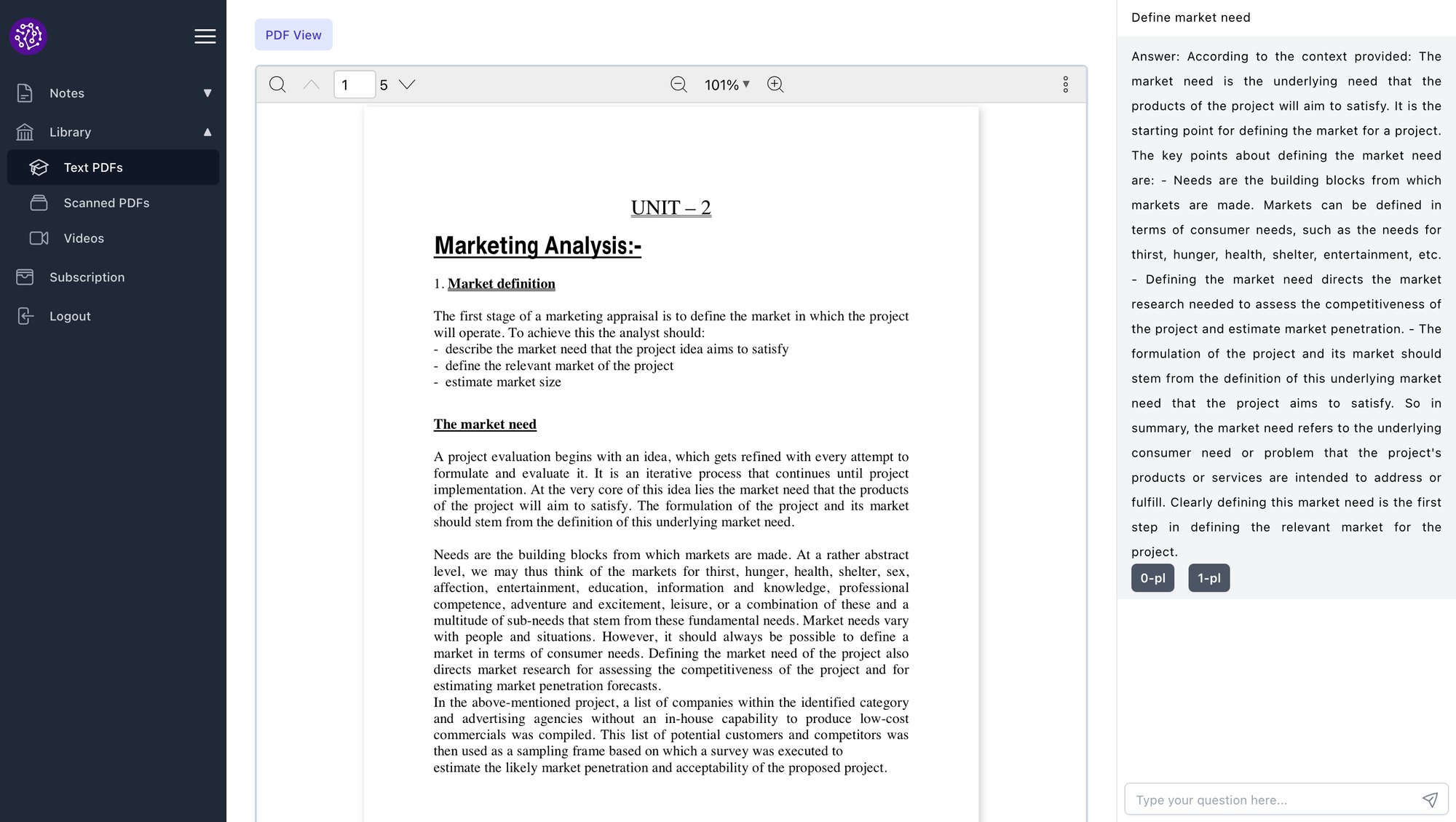
But Intellecs.ai isn't just for research - it has a built-in writing assistant that can help you paraphrase, adjust the length of your text, and even change the tone and style of your writing. So if you need to make your paper sound more academic or more engaging, it's as easy as one click.
Aiming to provide a seamless experience to allow you to focus on your research writing, its powerful AI features are all packed in a clean, user-friendly (Notion-like) interface, that even those who aren't tech-savvy and Google Docs-loyalists are going to love it.
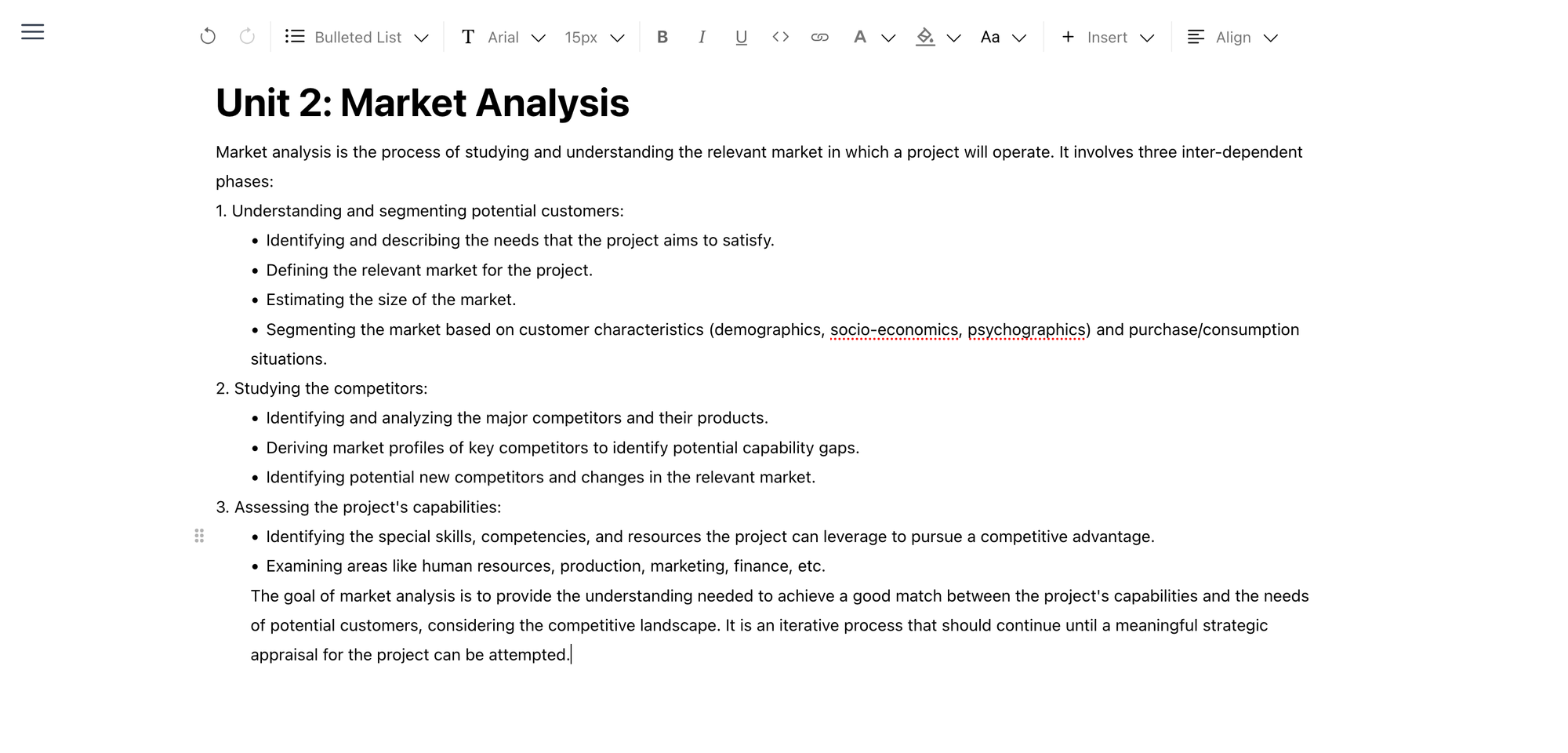
Scite.ai: See How Research is Cited
Another cool tool for evaluating the reliability and impact of a study is scite.ai. This platform uses AI to analyze how a given paper has been cited by other researchers.
Scite.ai goes beyond just counting up the number of citations. It actually looks at the context of each citation to see how the paper is being talked about. Are other researchers building on its findings, or are they poking holes in its methods? Are they praising it as groundbreaking, or using it as an example of what not to do?
It can help you identify high-impact papers, spot emerging controversies, and track how a field is evolving over time. So, if you want to go beyond the abstract and really understand a paper's reception and significance, scite.ai can be a very helpful tool.
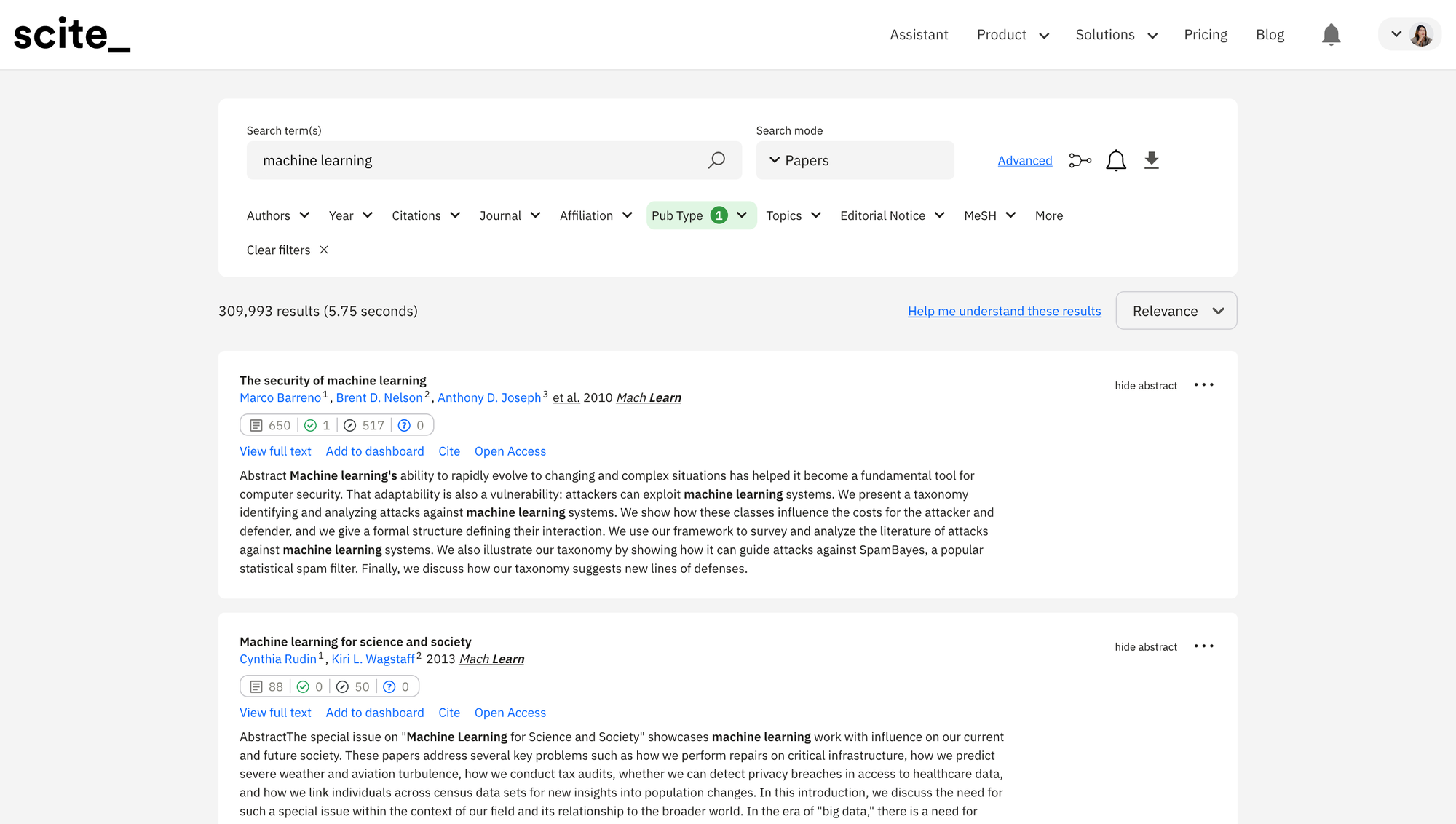
Research Rabbit: Discover Connected Research Paper
Speaking of understanding the research landscape, another great tool for mapping out the connections between studies is Research Rabbit. This app can generate interactive visualizations of how papers, authors, and topics are all linked together.
It's kinda like a mind map for research. You start with a single paper or author, and Research Rabbit spirals out to show you all the other studies and scholars that are connected to it. You can see at a glance which papers have been most influential, how different research threads have evolved over time, and where there might be gaps or opportunities for new work. For students and researchers who are still getting a feel for their field, Research Rabbit is an amazing way to explore the lay of the land.
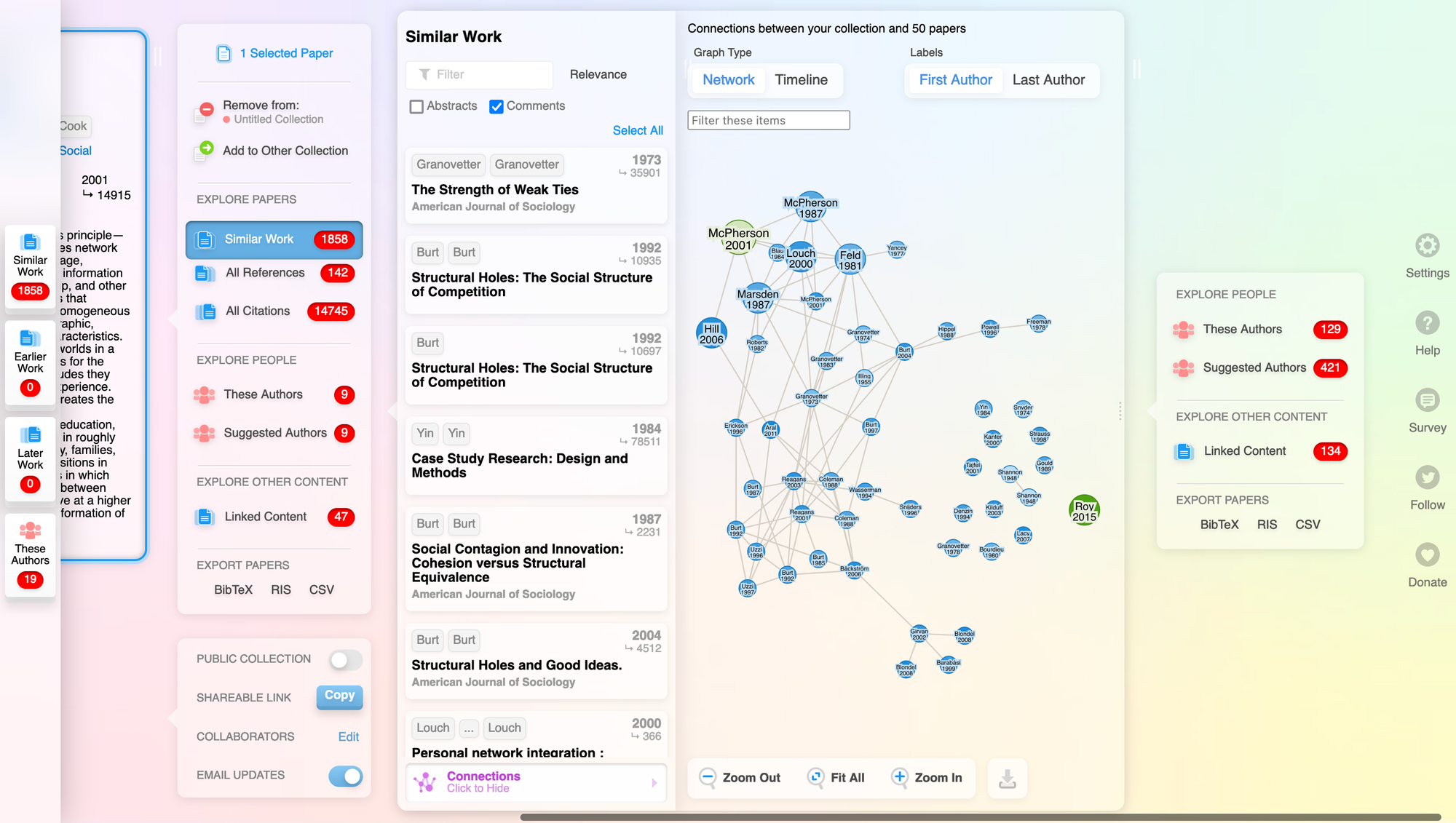
Wrapping It Up
At the end of the day, doing great research is all about working smarter, not harder. And that's exactly what these AI tools are designed to help you do. Whether you're brainstorming ideas with ChatGPT, discovering new studies with Semantic Scholar, or polishing your research paper with Intellecs.ai, AI can be an invaluable instrument in the quest for knowledge. Just don't forget to cite the AI tools you used in your paper!
And remember, these tools are here to assist your research process, not do all the work for you. The key is to use these tools strategically, as part of a well-rounded research and writing process. They can't replace good old-fashioned critical thinking and original analysis - but they can definitely make those things a whole lot easier and more efficient.
So don't be afraid to experiment with these tools and see what works for you! Mix and match them in different combinations, and always think critically about the information and insights they provide.





